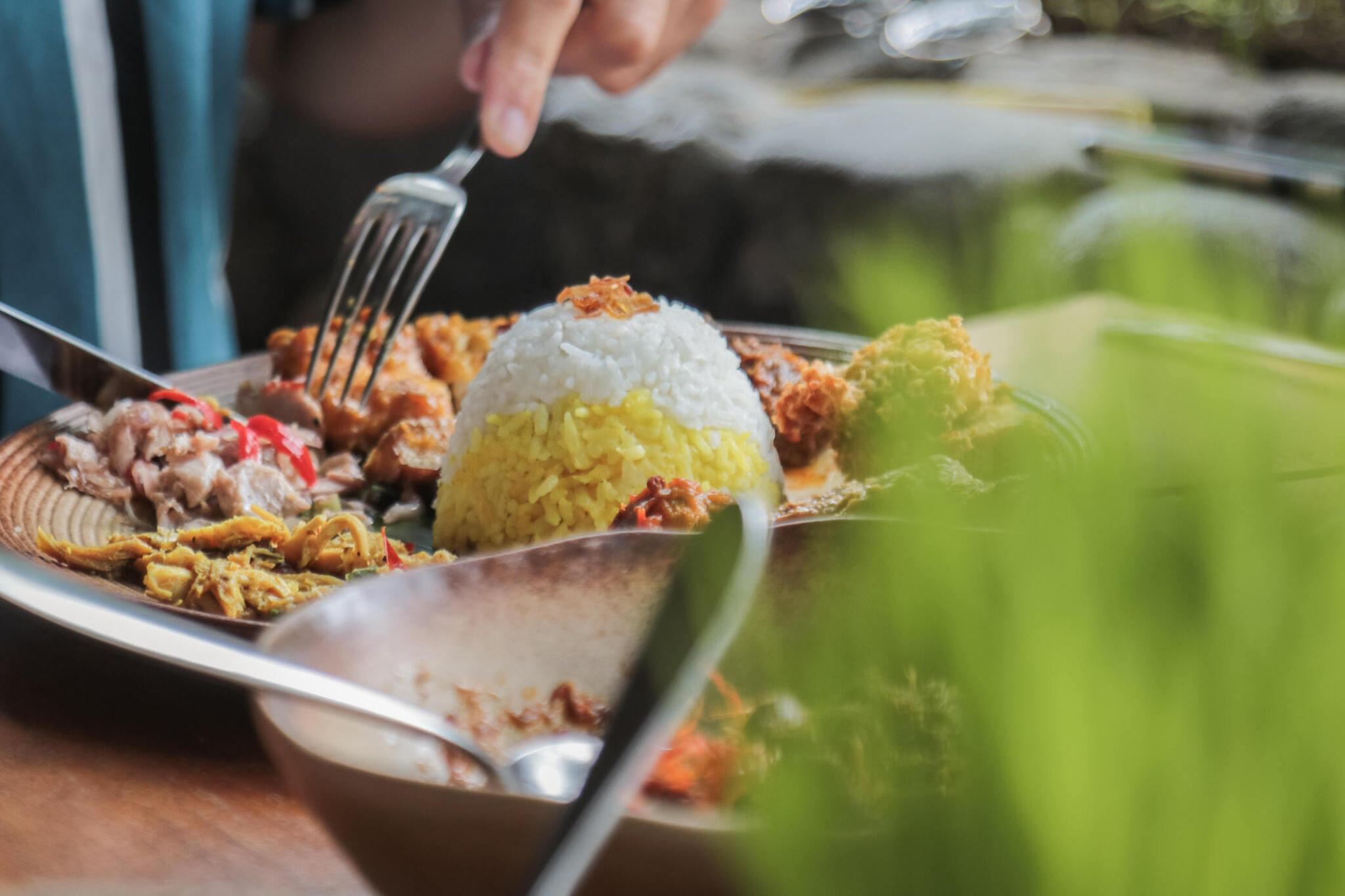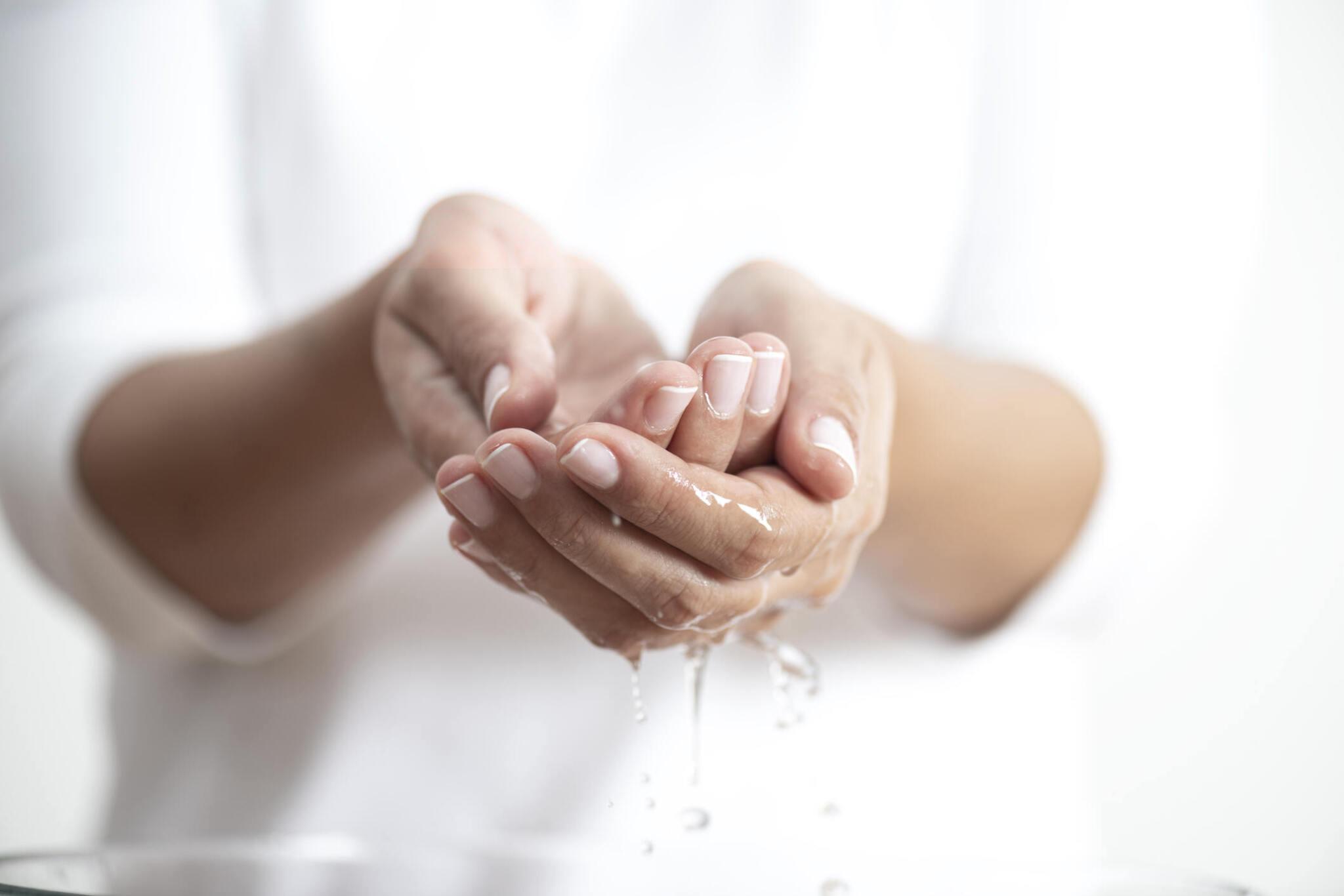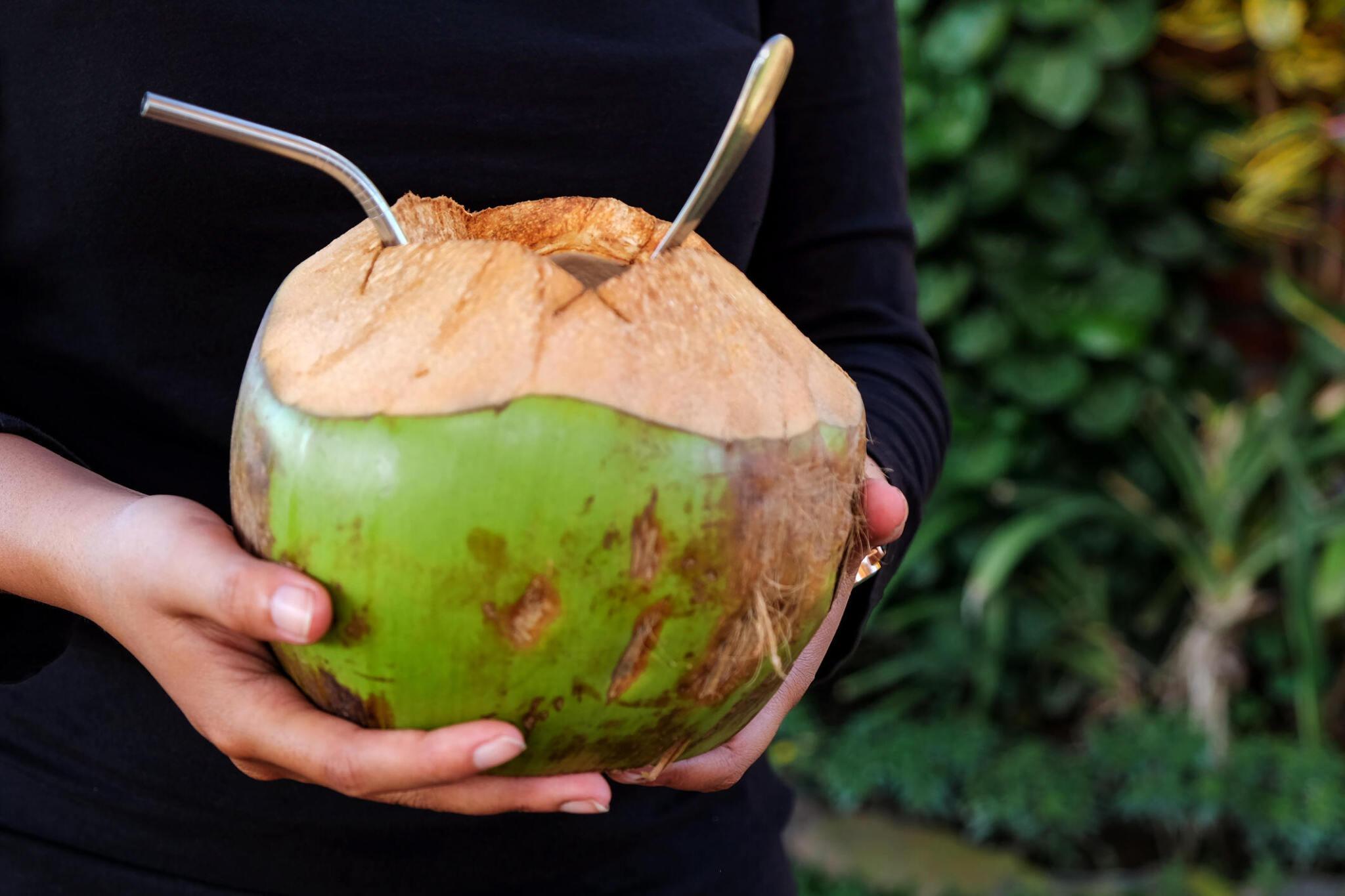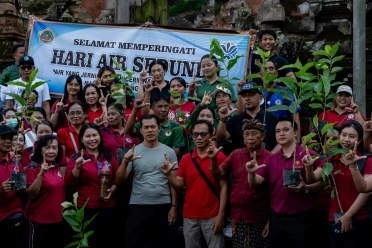One of the most common concerns for travelers visiting Bali for the first time is the infamous "Bali Belly," a term often used to describe diarrhea caused by consuming contaminated food or water. While the name may be popularized amongst the Australians, Bali Belly can affect tourists from all around the world. In this article, we'll delve into the causes, symptoms, prevention, and treatment of Bali Belly, providing essential information for a healthy and enjoyable holiday.
Understanding 'Bali Belly': The Origin, The Prevention, The Cure
What is Bali Belly?
Bali Belly, or traveler's diarrhea, is typically caused by ingesting contaminated food or water. Bacteria such as E. coli, Shigella, and Salmonella, as well as viruses like Norovirus, can lead to symptoms such as bloated stomach, abdominal pain, diarrhea, vomiting, dizziness, sweating, lethargy, and fever. But many people also believed that the spiciness level of Balinese food contributed to this disease, not the hygiene factor.

Why Are Tourists at Risk in Bali?
Tourists in Bali face specific risks due to factors such as the developing country's water supply and warm, humid weather that accelerates bacterial growth in food. Poor food handling practices, inadequate refrigeration, and hygiene issues contribute to the prevalence of Bali Belly.\
Prevention: How to Avoid Bali Belly?
Water: Consume only boiled or bottled water, as most tap water in Bali is not directly consummable
Hand Hygiene: Wash hands thoroughly or use hand sanitizer before eating.
Ice and Raw Produce: Avoid drinks with ice if uncertain about water quality and refrain from washing fruits or vegetables in tap water.
Food Choices: Opt for freshly cooked food and avoid items stored at room temperature.
Eating Precautions: Refrain from consuming street food, undercooked meats, seafood, and unpasteurized dairy products.
Personal Hygiene: Be cautious about touching your face, and use hand sanitizer regularly.

Is Bali Belly Contagious?
Yes, Bali Belly can be contagious, spreading through person-to-person contact and contaminated food or water. Maintaining good personal hygiene, particularly handwashing, is crucial to prevent its transmission.

Cure for Bali Belly: Treatment Tips
If affected, Bali Belly can last up to 5 days. Treatment options include:
Diarrhea Medications: Diapet or Imodium can help manage diarrhea.
Rehydration: Consume drinks like Gatorade or Pocari Sweat to prevent dehydration.
Antibiotics: Only take antibiotics if prescribed by a doctor.
Pain and Fever Relief: Use pain relief medications like Panadol or Nurofen.
Nausea Management: Follow recommendations from a doctor or pharmacist, and consider charcoal tablets.
What to Eat and Drink While Recovering from Bali Belly
Focus on rehydration and easy-to-digest foods such as water crackers, bananas, apples, potatoes, rice, white toast, and soups. Avoid fatty, spicy foods, as well as milk, coffee, and alcohol until fully recovered.

Natural Remedies for Bali Belly
Some travelers explore natural remedies like raspberry cordial, coconut juice, and probiotic drinks. While these may have anecdotal support, scientific evidence is limited, and precautions should still be taken.
Can You Get Bali Belly After Returning Home?
Unfortunately yes, in some cases, symptoms may appear even after the traveler returning home. If experiencing prolonged symptoms, consult a doctor and provide a stool sample for accurate diagnosis and treatment.
Precautions and Other Risks Before Your Bali Holiday
Before traveling to Bali, consider vaccinations, such as the oral cholera vaccine, Typhoid, and Hepatitis A. Additionally, maintain awareness of other health risks, including open wounds, mosquito-borne illnesses, animal bites, and the possibility of methanol poisoning from unregulated alcoholic beverages.

Wellness in Bali
While avoiding Bali Belly is essential, Bali also offers a wealth of wellness opportunities. Embrace healthy eating practices, explore wellness retreats, and indulge in nutrient-rich foods to ensure a holistic and rejuvenating experience in this beautiful destination.
In conclusion, understanding Bali Belly and taking necessary precautions can significantly enhance your travel experience. By prioritizing hygiene, making informed food choices, and staying mindful of potential health risks, you can enjoy the beauty of Bali without falling victim to the infamous Bali Belly.




 Billy Bagus
Billy Bagus
 Jan 16, 2024
Jan 16, 2024






